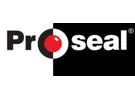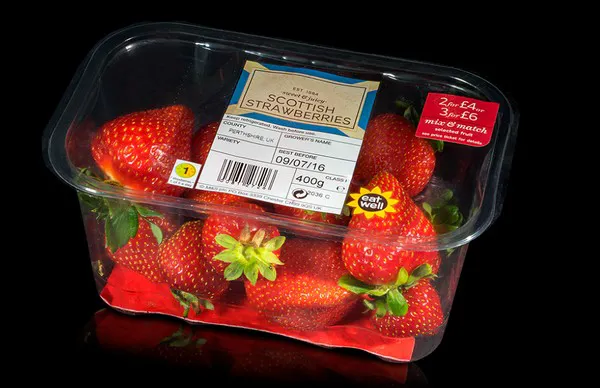 Tray sealing specialist Proseal says that while maximising speed and efficiencies are still the key requirements for the packing of fresh produce, the quest for these can also deliver important sustainability benefits.
Tray sealing specialist Proseal says that while maximising speed and efficiencies are still the key requirements for the packing of fresh produce, the quest for these can also deliver important sustainability benefits.
Proseal was the driving force behind the complete market-place transformation of the soft-fruit sector in the UK, 10 years ago - replacing traditional clam-shell punnets with top film sealed varieties. This has helped to reduce plastic consumption by up to 45%, saving around 10 tonnes of plastic for every one million trays sealed.
Today, with the introduction of non-plastic materials for trays such as cardboard and the latest recyclable or home compostable materials, plastic usage can be further reduced and Proseal machinery is already equipped to manage this widening range of alternative packaging materials.

Top sealed trays bring a number of practical benefits as well. They help to protect produce in transit throughout the supply chain and the trays can be sealed with pre-printed film and fully integrated online printers, which eliminates the need for additional labels and applicator equipment (and therefore add-on costs), while also helping to improve the packs’ overall appearance. This process seamlessly combines the sealing, bar-code / use-by-date-printing and brand identification process into one single action.
A sealed lid also makes the pack tamper evident, aiding food safety and stopping human-food contact in the retail environment.
Food waste is another important sustainability consideration, especially in the fresh produce sector. The development of MAP (Modified Atmosphere Packaging) technology in packaging has helped to extend product shelf life, combining consumer demands for fresh foods with retailer requirements to maximise the available shelf life.
At the forefront of Proseal’s own commitment to more sustainable solutions is Eseal® a high-force electric heat seal system. The technology provides an increased seal force of 200% and significantly reduces air consumption by up to 92% compared to a similar machine fitted with an equivalent standard pneumatic cylinder, thus boosting overall productivity and throughput due to a reduced seal time.
Eseal® provides a significant energy saving but, just as important, such a strong force creates a high-precision seal with the reliability to meet the stringent quality requirements of the retail sector and minimise the danger of pack recalls.
Many customers have also taken advantage of the additional connectivity offered by ProVision™, Proseal’s online OEE and downtime analyser. This technology enables the Proseal service team to help customers spot evolving machine problems through key indicators delivered by the software’s analytics.
In addition, ProVision allows Proseal engineers to remotely dial into the machine while speaking with the engineers on site in order to directly diagnose faults. This results in minimized disruption to production, saving both the customer’s time and money, avoiding any unnecessary site visits and providing additional peace of mind.
Proseal, founded in 1998, is part of the JBT Corporation family, a leading global technology solutions provider to high-value segments of the food processing industry, committed to providing a service that surpasses customer expectations.
For more information:
Kerrie Oxford
Tel: +44 (0)1332 293939
kerrie@nmpr.co.uk
www.proseal.com/
